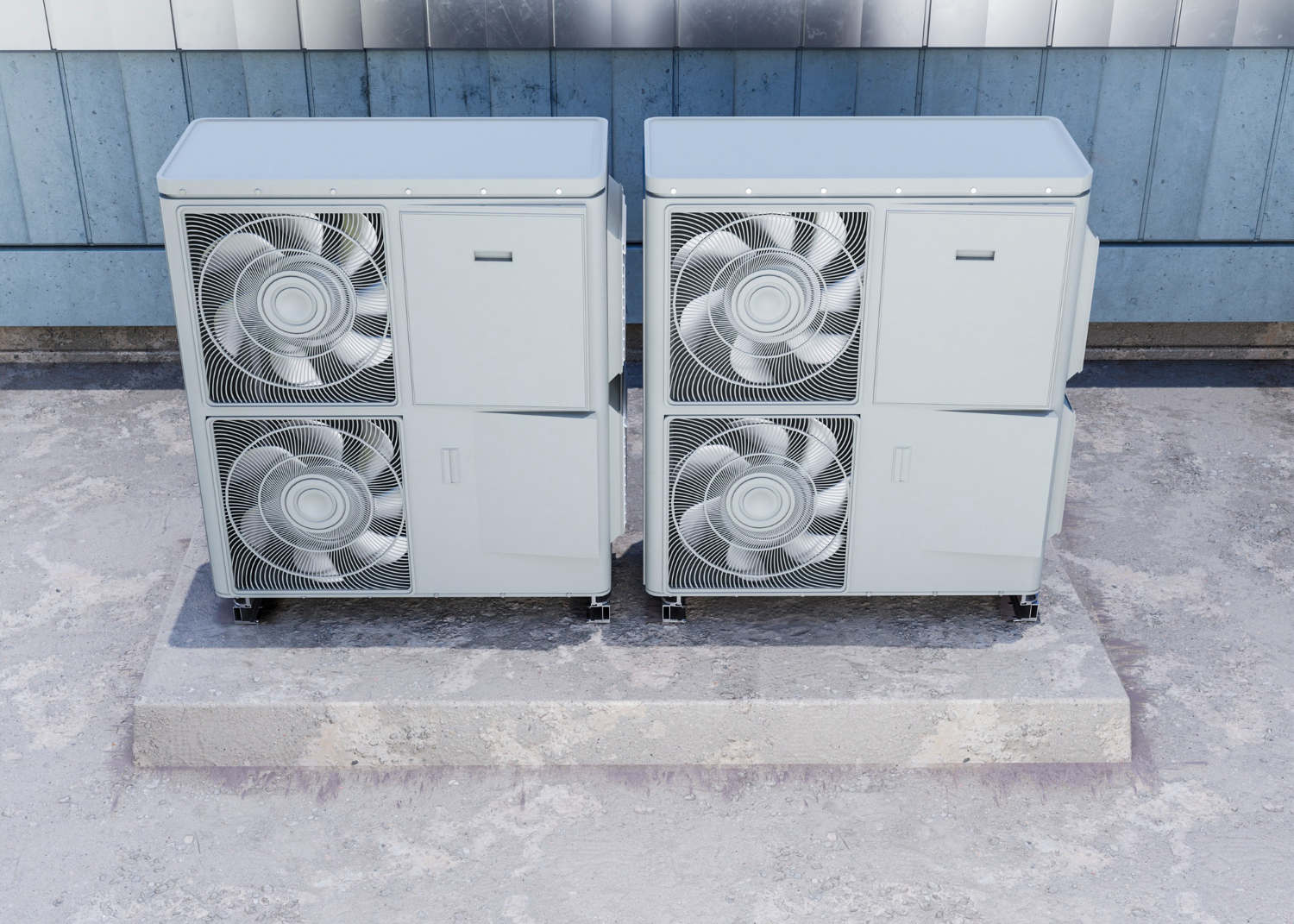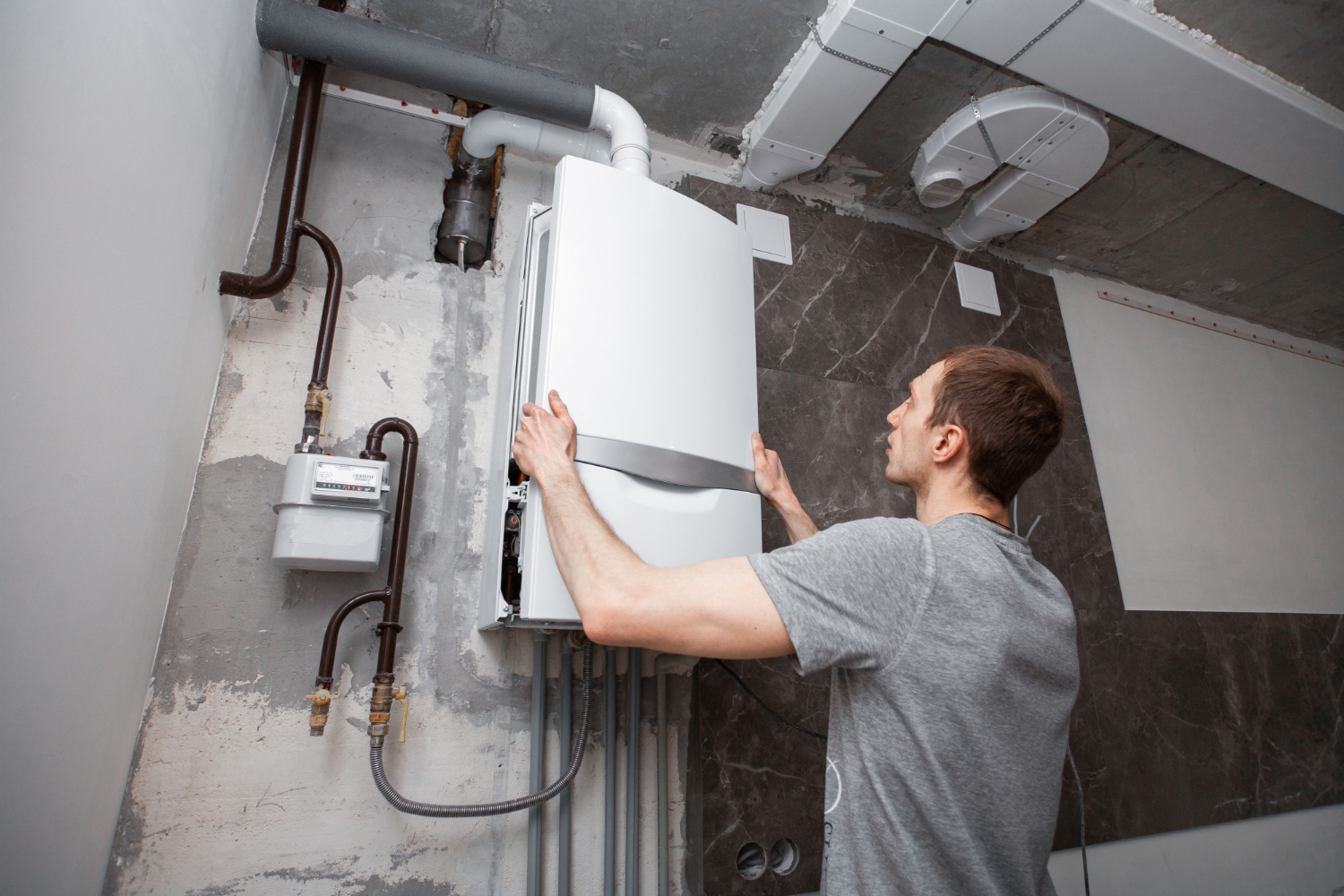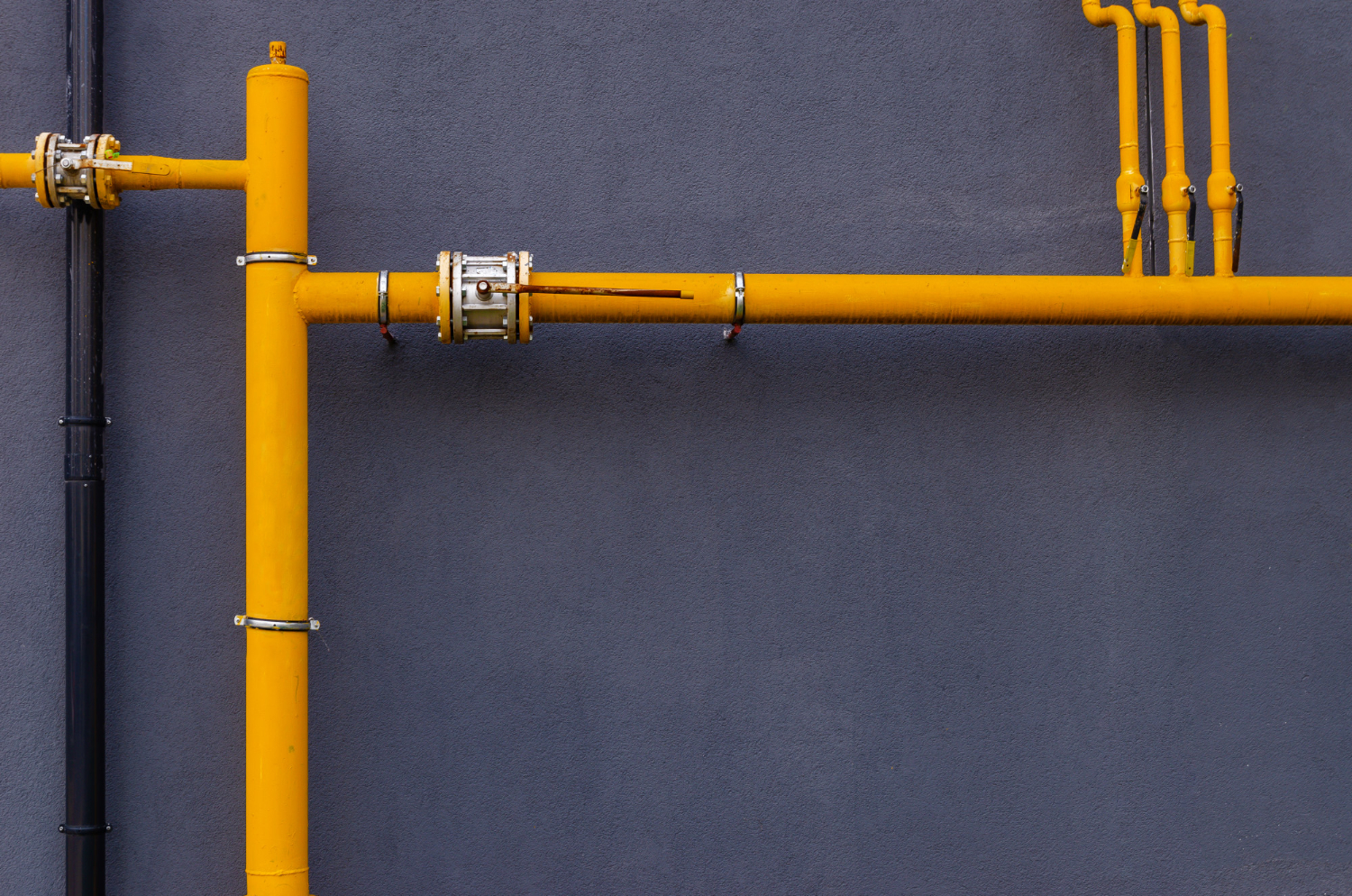Deciding when to replace your heat pump is crucial for maintaining a comfortable and energy-efficient home. Heat pumps are integral to your heating and cooling system, and knowing the signs of aging or failing components can save you from unexpected breakdowns and costly repairs. Understanding when to opt for a replacement allows you to take proactive steps, ensuring consistent comfort in your living space.
Signs It's Time for Heat Pump Replacement
Inefficient Heating or Cooling
If your heat pump can no longer maintain a comfortable temperature in your home, it may be time for a replacement. Inefficient heating or cooling can occur due to aging components, wear and tear, or a system that’s no longer adequate for your home’s needs. When your heat pump struggles to keep up, it works harder and longer, which can lead to increased energy consumption and reduced comfort levels. A new, properly sized system can significantly improve temperature regulation and efficiency.
Call Us
Frequent Repairs
Constantly repairing your heat pump is a strong indication that it’s nearing the end of its lifespan. As components wear out, they not only become less efficient but also more prone to breaking down. If you find yourself calling for heat pump repairs multiple times a year, it might be more cost-effective to invest in a new system. Frequent repairs can add up, both financially and in terms of the inconvenience caused by recurrent downtime. A new heat pump will provide reliable performance and peace of mind.
Increased Energy Bills
A noticeable increase in your energy bills without a corresponding rise in usage can be another sign that your heat pump needs replacement. As heat pumps age, they lose efficiency, requiring more energy to achieve the same level of heating or cooling. This not only impacts your utility bills but also strains the system, leading to further wear and potential failures. Upgrading to a more efficient model can help you save on energy costs and ensure your home remains comfortable year-round.
Benefits of Replacing Your Heat Pump
Improved Energy Efficiency
One of the key benefits of replacing an old heat pump with a new one is improved energy efficiency. Modern heat pumps are designed with advanced technology that helps them operate more effectively, producing the same amount of heat or cooling for less energy. This efficiency translates into lower energy bills, making a new heat pump a smart investment for your home. Utilizing higher efficiency models can also make your home more environmentally friendly.
Enhanced Home Comfort
Replacing your old heat pump can significantly enhance your home comfort. Newer models offer better temperature regulation, ensuring a more consistent indoor climate. They are also quieter and have improved features like variable-speed fans and compressors, which adapt to changing conditions in your home. These advancements provide a more responsive and comforting environment throughout the year, reducing the hot and cold spots that older units often create.
Lower Maintenance Costs
A new heat pump will generally come with lower maintenance costs compared to an older unit. New systems are less likely to need frequent repairs and come with warranties that can cover many types of issues that might arise. This not only saves you money on service calls but also reduces the stress and inconvenience associated with a malfunctioning system. Regular, planned heat pump maintenance also helps to keep the system in top shape, ensuring longevity and reliable performance.
Choosing the Right Heat Pump for Your Home
Types of Heat Pumps
When selecting a heat pump, you’ll come across several types to choose from. The most common types are air-source, ground-source, and hybrid heat pumps. Air-source heat pumps are the most popular and use outside air to heat and cool your home; they are easier to install and generally cheaper. Ground-source, or geothermal heat pumps, use the earth’s constant temperature to provide heating and cooling, offering higher efficiency but usually at a higher upfront cost. Hybrid heat pumps combine the best of both air-source and ground-source technologies, providing flexibility and efficiency.
Considerations for Sizing and Capacity
Choosing the right size heat pump is critical for optimal performance. A heat pump that’s too large or too small can lead to inefficiencies and increased wear and tear. Our professionals can calculate the proper size needed based on the square footage of your home, insulation levels, and local climate conditions. It’s essential to get a system that matches your home’s specific needs to ensure maximum efficiency and comfort.
Advanced Features to Look For
Modern heat pumps come with a variety of advanced features designed to improve efficiency and comfort. Look for models with variable-speed blowers and multi-stage compressors that provide better temperature control and energy savings. Smart thermostat integration is another valuable feature, allowing you to control your system remotely via smartphone or tablet. Additionally, some heat pumps offer enhanced filtration systems to improve indoor air quality. Our professionals can help you understand these features and choose the best options for your needs.
Professional Heat Pump Installation Process
Initial Assessment and Recommendations
Before installing a new heat pump, our professionals will perform a thorough assessment of your home. This assessment includes evaluating your current heating and cooling system, checking for proper insulation, and identifying any issues that need addressing. Based on this evaluation, we will provide recommendations tailored to your home’s specific requirements. This comprehensive assessment ensures that we select the right heat pump to meet your needs efficiently.
Installation Steps and What to Expect
The installation process involves several key steps to ensure everything is set up correctly. First, our technicians will remove your old system and prepare the installation site. Next, they’ll install the new heat pump, including all necessary electrical and ductwork connections. After installation, they will conduct a series of tests to ensure the system operates efficiently and safely. You can expect our technicians to work diligently and keep you informed throughout the process, minimizing disruptions to your daily routine.
Importance of Professional Installation
Professional installation is crucial for the performance and longevity of your new heat pump. Improper installation can lead to reduced efficiency, increased wear on components, and even safety hazards. Our technicians have the training and experience to ensure your heat pump is installed correctly, meeting all manufacturer specifications and local building codes. Trusting professionals with the installation not only guarantees optimal performance but also ensures warranty compliance and peace of mind.
Conclusion
Deciding to replace your heat pump can seem daunting, but recognizing the signs and understanding the benefits makes the process much more manageable. From inefficient heating and frequent repairs to increased energy bills, knowing when to replace your old system is vital for maintaining a comfortable and energy-efficient home. Replacing your heat pump offers numerous advantages, such as improved energy efficiency, enhanced comfort, and lower maintenance costs.
Selecting the right heat pump involves understanding the different types available, properly sizing the system, and considering advanced features. Our professionals at Eagle Pipe Heating & Air can guide you through these choices, ensuring you find the perfect fit for your home. The installation process, from the initial assessment to the final tests, is handled with expertise, guaranteeing a seamless transition and optimal performance.
For reliable heat pump replacement in Bainbridge Island, WA, contact us today. Our team is ready to help you enhance your home’s comfort and efficiency. Reach out to schedule your consultation and experience the benefits of a professionally installed heat pump.





